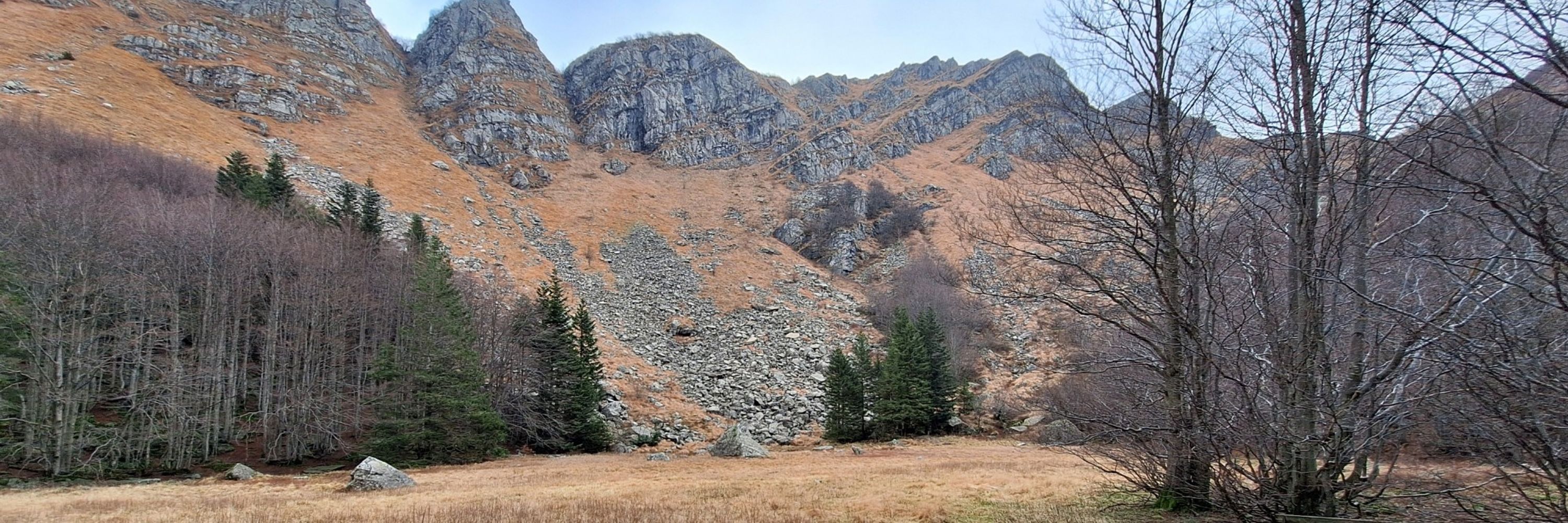
Associate Professor @unibo
Associate editor @Ecol_Evol
site.unibo.it/acws-2026/en

site.unibo.it/acws-2026/en

I’m excited to co-convene Session 409110: “Soil microbial life and death: impacts on soil organic carbon dynamics under global change.”
With Qingfang Bi & others, see details🔽

I’m excited to co-convene Session 409110: “Soil microbial life and death: impacts on soil organic carbon dynamics under global change.”
With Qingfang Bi & others, see details🔽
Are you interested or working on microbial ecology and methane ?
We’re looking for a motivated postdoc or final-year PhD interested in submitting a Marie Skłodowska-Curie or HFSP proposal with us (in Italy and/or Norway).
Are you interested or working on microbial ecology and methane ?
We’re looking for a motivated postdoc or final-year PhD interested in submitting a Marie Skłodowska-Curie or HFSP proposal with us (in Italy and/or Norway).
Link to the PhD course and application: unibo.it/en/study/phd...
Please contact me if you need more info on the project, the group and life in Italy in general.
More info below⬇️

Link to the PhD course and application: unibo.it/en/study/phd...
Please contact me if you need more info on the project, the group and life in Italy in general.
More info below⬇️
www.sciencedirect.com/science/arti...
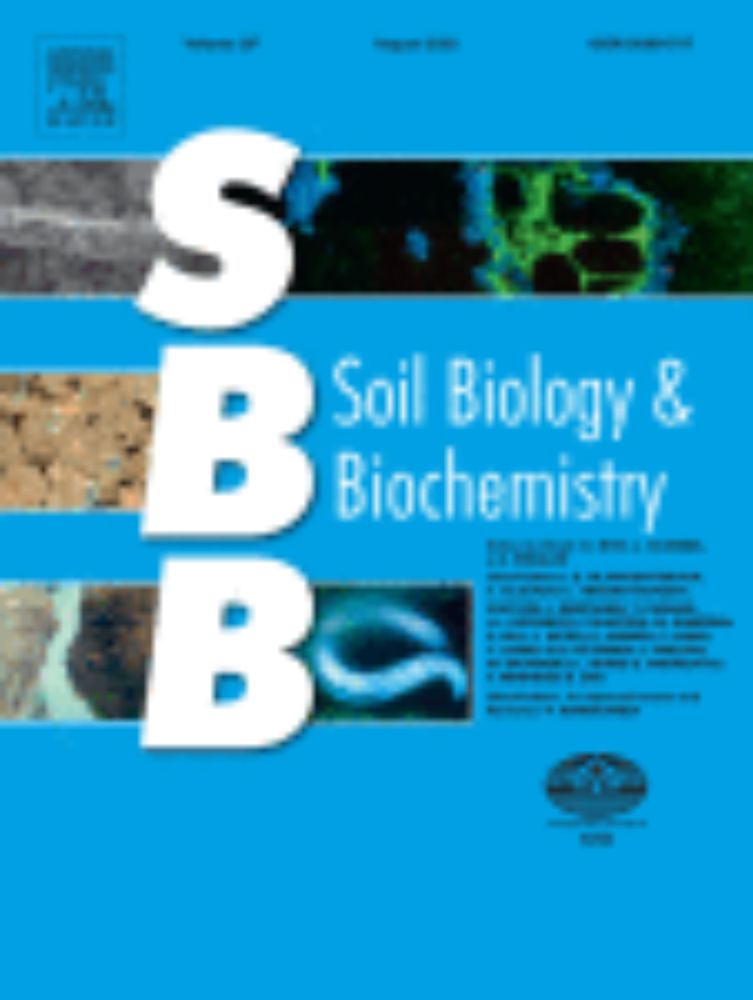
www.sciencedirect.com/science/arti...
open.spotify.com/episode/01CB...

open.spotify.com/episode/01CB...
I hope to see you in Vienna!
Join us at #EGU25 for session SSS4.5 ‚Soil microbial responses to climate change‘.
With
@loutsi.bsky.social @albertocanarini.bsky.social and Albert Brangarí we are thrilled to have
@ashish-malik.bsky.social as solicited keynote speaker!

I hope to see you in Vienna!
Some lovely people at Montpellier created a database of non-profit and society journals in eco evo: dafnee.isem-evolution.fr
Some lovely people at Montpellier created a database of non-profit and society journals in eco evo: dafnee.isem-evolution.fr
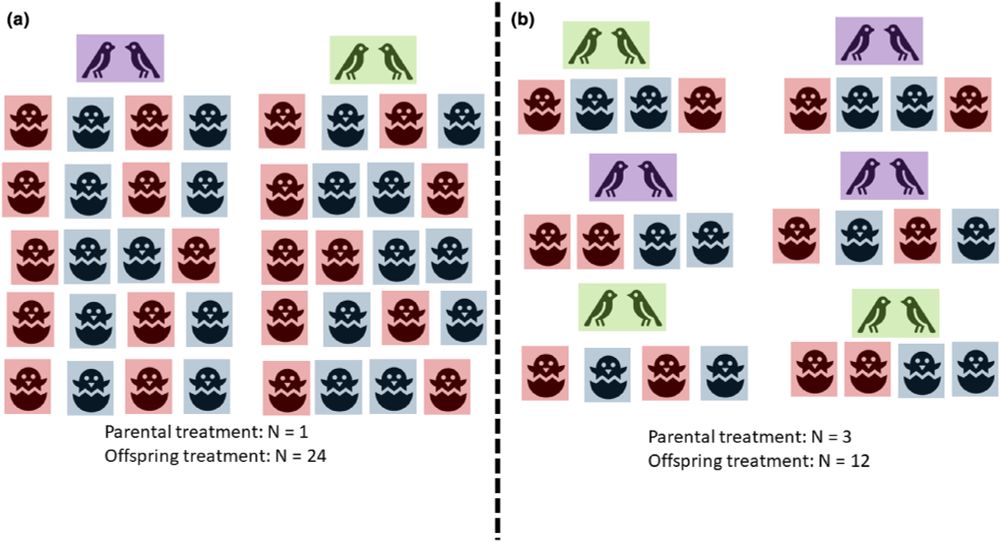
For this study, we developed a new method, #2H-vapor-PLFA-SIP, which labels soil with 2H-labelled water vapor, allowing to study the activity/growth of microbial communities without altering the soil moisture. Thanks to all involved!
#TER @cemess.bsky.social, @univie.ac.at vie.ac.at
Led by the amazing @loutsi.bsky.social and Alberto Canarini.
Thread 1/2
rdcu.be/d1Tyg
Out in @naturecomms.bsky.social with @loutsi.bsky.social @andreasrichter.bsky.social and many others.
rdcu.be/d1Tyg
This is really amazing if you are into drought and soil microbes.
The method developed here will be part of my ERC_project, #postdoc deadline December 5th. More details below ⏬️
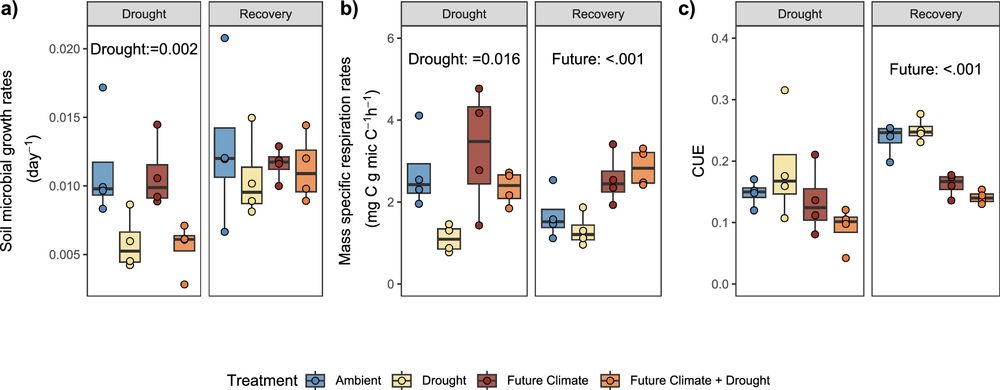
Out in @naturecomms.bsky.social with @loutsi.bsky.social @andreasrichter.bsky.social and many others.
rdcu.be/d1Tyg
This is really amazing if you are into drought and soil microbes.
The method developed here will be part of my ERC_project, #postdoc deadline December 5th. More details below ⏬️
Led by the amazing @loutsi.bsky.social and Alberto Canarini.
Thread 1/2
rdcu.be/d1Tyg
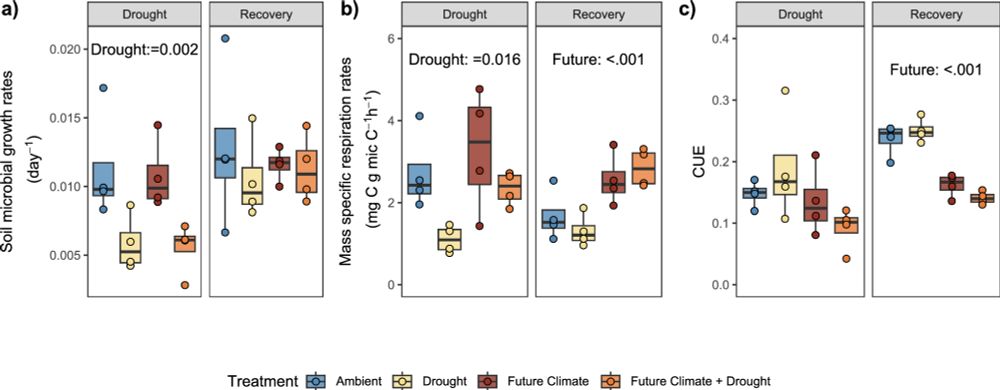
Led by the amazing @loutsi.bsky.social and Alberto Canarini.
Thread 1/2
rdcu.be/d1Tyg

